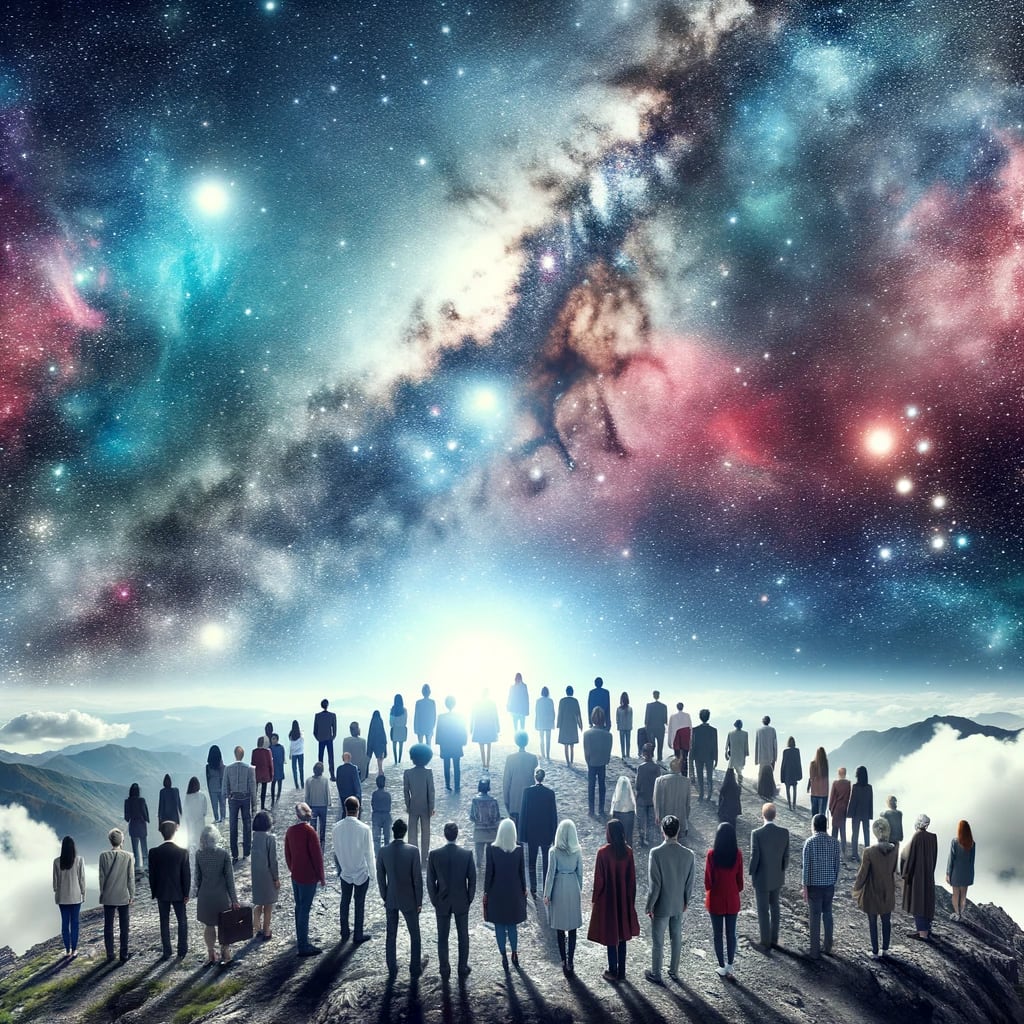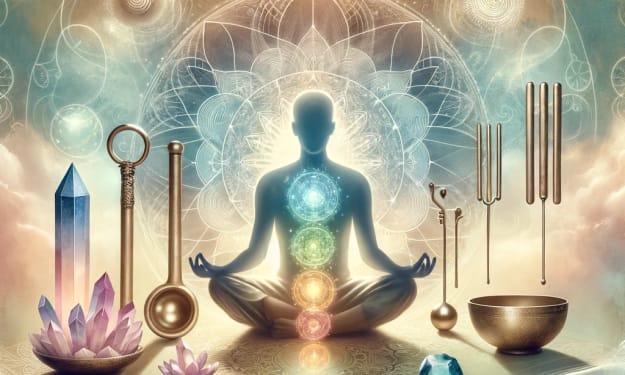The Purpose of Human Existence and Theories Regarding the Origins of Humanity
An Existential Exploration

Humanity's Eternal Quest: Unraveling Purpose and Origin
Since time immemorial, humanity has been on an unending journey to understand its place in the cosmos. The existential questions of our purpose and origins have spawned myriad theories and beliefs, ranging from the empirical to the spiritual. This exploration delves deep into the nature of these questions, examining both the philosophical and scientific perspectives that have sought to provide answers.
Understanding the Purpose of Human Existence
a. Philosophical Perspectives
Existentialism: Existentialist philosophers like Jean-Paul Sartre and Friedrich Nietzsche propose that life inherently lacks meaning, positing that individuals must forge their own path and essence through personal choices and actions. Sartre's assertion that "Existence precedes essence" encapsulates this view, emphasizing the primacy of individual existence over any predefined notions of essence or purpose.
Absurdism: Building on existentialist thoughts, Albert Camus recognized the conflict between humans' quest for meaning and the silent, indifferent universe. He termed this the "absurdity" of life. Camus advocated for a stance of "rebellious acceptance," where one acknowledges life's inherent absurdity but continues to find personal meaning and integrity.
Religious Philosophies: In stark contrast to existentialism and absurdism, many religious doctrines propose that human life is part of a divine design. Christianity, for example, often views life as an opportunity to serve and glorify God, aiming for eternal salvation. Hinduism offers a multifaceted approach to life's purpose, involving the pursuit of dharma (duty), artha (prosperity), kama (pleasure), and moksha (liberation).
b. Scientific Perspectives
From the lens of evolutionary biology, the purpose of life can be distilled to the survival and reproduction of our genetic material. This viewpoint suggests that all complex behaviors and social structures are adaptations that have evolved to maximize reproductive success and survival.
Exploring Theories on the Origins of Humanity
a. Scientific Theories
The Theory of Evolution: Central to modern scientific understanding, Charles Darwin's theory of evolution by natural selection posits that all species, including humans, have evolved over millions of years from common ancestors. This perspective is supported by a wealth of evidence from fossil records, genetic data, and observable evolutionary processes.
Panspermia: As a hypothesis for the origin of life, panspermia suggests that life, or its building blocks, might have originated in space and been transported to Earth. This theory extends the boundaries of the search for life's origins beyond our planet and has intriguing implications for understanding the universality of life.
b. Philosophical and Religious Theories
Creationism: Many religious traditions maintain that humans and the universe were created by a supreme deity or divine force. These narratives vary widely but commonly depict humanity as a deliberate creation, imbued with spiritual purpose and significance.
Platonic Idealism: Plato's theory of ideal forms posits that tangible reality is a flawed reflection of a higher, perfect reality. According to this view, humans are mere shadows of an ideal form, striving to comprehend the true nature of existence beyond the physical realm.
Conclusion
The quest to understand human purpose and origin is as old as humanity itself. While science offers explanations based on empirical evidence and observation, philosophy and religion provide introspective and normative insights. These diverse perspectives reflect the multifaceted nature of human inquiry and the profound depth of our existential curiosity.
In the end, whether one gravitates towards the empirical rigor of science, the spiritual guidance of religion, or the existential ponderings of philosophy, this journey is a deeply personal one. It reflects humanity's enduring spirit of inquiry and an unquenchable thirst for understanding our place in the universe. The pursuit of these questions is itself a reflection of the human condition, a testament to our unique capacity for self-reflection and our ceaseless quest for meaning.
About the Creator
Enjoyed the story? Support the Creator.
Subscribe for free to receive all their stories in your feed. You could also pledge your support or give them a one-off tip, letting them know you appreciate their work.





Comments
There are no comments for this story
Be the first to respond and start the conversation.